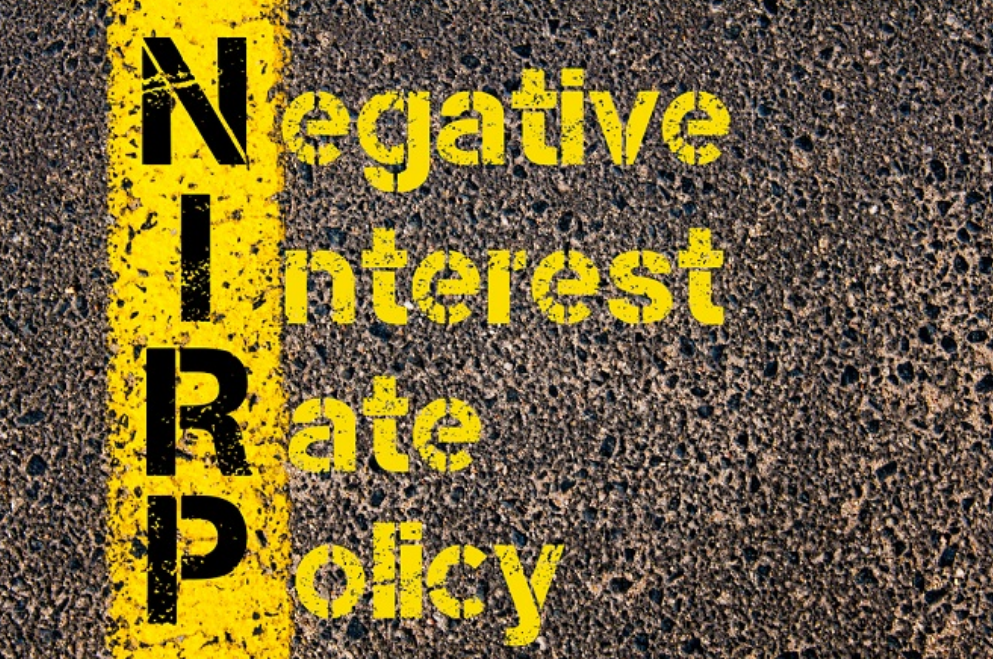
Recently, we’ve been hearing a lot of chat about ‘negative interest rates’. However, very few people seem to know what this actually means. That’s unsurprising, banking jargon can be confusing, and at times it can be hard to know exactly what these things mean and how they affect us. In this post, we aim to find out what are negative interest rates.
what are negative interest rates
Negative interest rates mean that they’re below zero. They’re mainly found in the financial markets and they effectively mean that the borrower is being paid to borrow someone else’s money.
Many economists are completely baffled by the appearance of negative interest rates in the market, as it is something many thought would never happen. However, in spite of this, almost all economists are synonymous in their belief that interest rates cannot fall much lower than they are now.
It’s also very important to know that negative interest rates are highly unlikely to ever make it to the high street. This means that, if you’re looking to save money for a home, a business, or even a retirement, savings accounts are still a great place for you to start your nest egg.
Interest rates in savings accounts are admittedly low at the moment, but your money will still be working for you and earning interest, so there’s no need to fret.
Why Won’t I Get Negative Interest Rates?
Negative interest rates won’t be making their way to the high street soon because, when we’re discussing negative interest rates, we’re not talking about ‘real interest rates’. This is where an interest rate can actually be above zero but lower than the current level of inflation. In these instances, a borrower’s total repayments have less purchasing power than the amount of money that they originally borrowed. Overall, in financial markets in particular, this isn’t especially unusual. This is because, when moderate levels of inflation are apparent, central banks and government can borrow below the zero level in order to stimulate the economy. This usually happens in times of financial unease, such as the financial crash of 2008.
So Why Are We Hearing So Much About negative interest rates?
Well, in short, the reason that we’re hearing about negative interest rates at the moment is because the current financial circumstances go well beyond what is normally expected. Usually, lenders do not lend at the rate we are experiencing now, and they instead choose to sit on the money until the rate improves. By doing this, they’re essentially getting a nominal interest rate of zero. Economists call this the ‘zero lower bound’.
Admittedly, this isn’t a great rate for them, but it’s better than an interest rate of less than zero – which is what they’re getting now by lending at that rate. By breaking the ‘zero lower bound’, lenders are confounding expectations and circumventing current economic rules. However, as we say, although all of this is interesting to note, the rate won’t hit the high street any time soon, so there’s no need to worry.

IntelligentHQ Your New Business Network.
IntelligentHQ is a Business network and an expert source for finance, capital markets and intelligence for thousands of global business professionals, startups, and companies.
We exist at the point of intersection between technology, social media, finance and innovation.
IntelligentHQ leverages innovation and scale of social digital technology, analytics, news and distribution to create an unparalleled, full digital medium and social business network spectrum.
IntelligentHQ is working hard, to become a trusted, and indispensable source of business news and analytics, within financial services and its associated supply chains and ecosystems.









